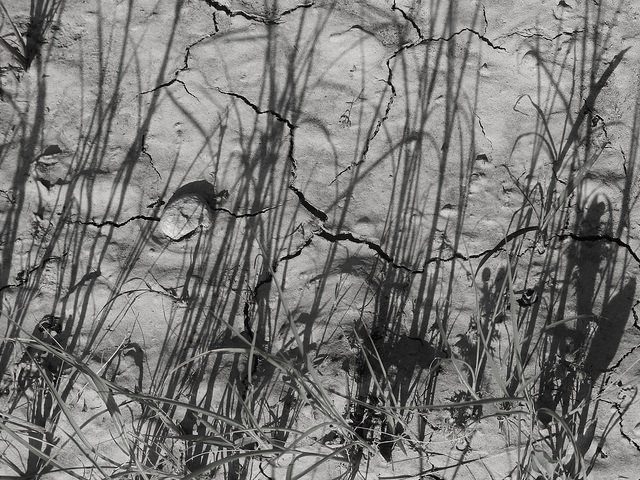
Save Our Illinois Land (SOIL) is a coalition of community members and landowners across the state who are concerned about the impact of pipeline infrastructure on Illinois’ land, waterways and our fellow Illinoisans.
Illinois has become a hub of pipeline infrastructure. SOIL began its work in 2017 organizing against a proposed “twin” to Enbridge Line 61 that was built in 2009 and runs from near Rockford through Boone, DeKalb, LaSalle and Livingston Counties to Flanagan. To date, the “twin” has not been built.
In 2022 SOIL opposed the expansion of the Dakota Access Pipeline through southern Illinois by intervening in the Illinois Commerce Commission’s (ICC) pipeline approval process. This long, quasi-judicial process resulted in an appeal of the ICC’s approval and clarification of what determines need for such a project.
In 2022 two proposals for CO2 pipelines were submitted to the ICC. We find that the proposed Carbon Capture and Storage projects are dangerous to landowners, neighbors and nearby communities. And they are not an effective climate solution for dealing with the emissions of ethanol and fertilizer plants. Thus far, one pipeline company has withdrawn and terminated its pipeline. Another has withdrawn and we are awaiting its next move.
SOIL’s mission
To halt permitting and expansion of fossil fuel infrastructure in the Great Lakes Region while meeting the energy demands through a transition to renewable energy and efficiency.
We object to this pipeline expansion for several reasons:
Eminent Domain
- Easements may be forcibly taken from landowners who do not want a pipeline through their property. Why are we granting eminent domain rights to a foreign company who will get all the profits and none of the risk?
Farmland Damage
- Pipeline construction results in the compaction of soil and the mixing of fertile soils with less fertile or infertile sublayers. This is a problem that may not be resolved with multiple attempts at deep tilling.
- This can reduce crop production for years and may not be sufficiently compensated for in easement agreements.
- Drainage problems include old tile systems with outlets and inlets blocked, silted, broken, undermined and unrepaired, while new tiles can be crushed or nonexistent.

Safety
- A spill could destroy acres of prime farmland and can never fully be cleaned up. Spills that enter our waterways foul them as a drinking water source, kill wildlife and impact our enjoyment of affected outdoor spaces.
- The accompanying venting of toxic and carcinogenic chemicals (used to dilute the product for pumping through pipelines) can kill silently and from a distance.
- Abandonment of pipelines leave landowners to deal with future impacts of aging and deteriorating infrastructure.